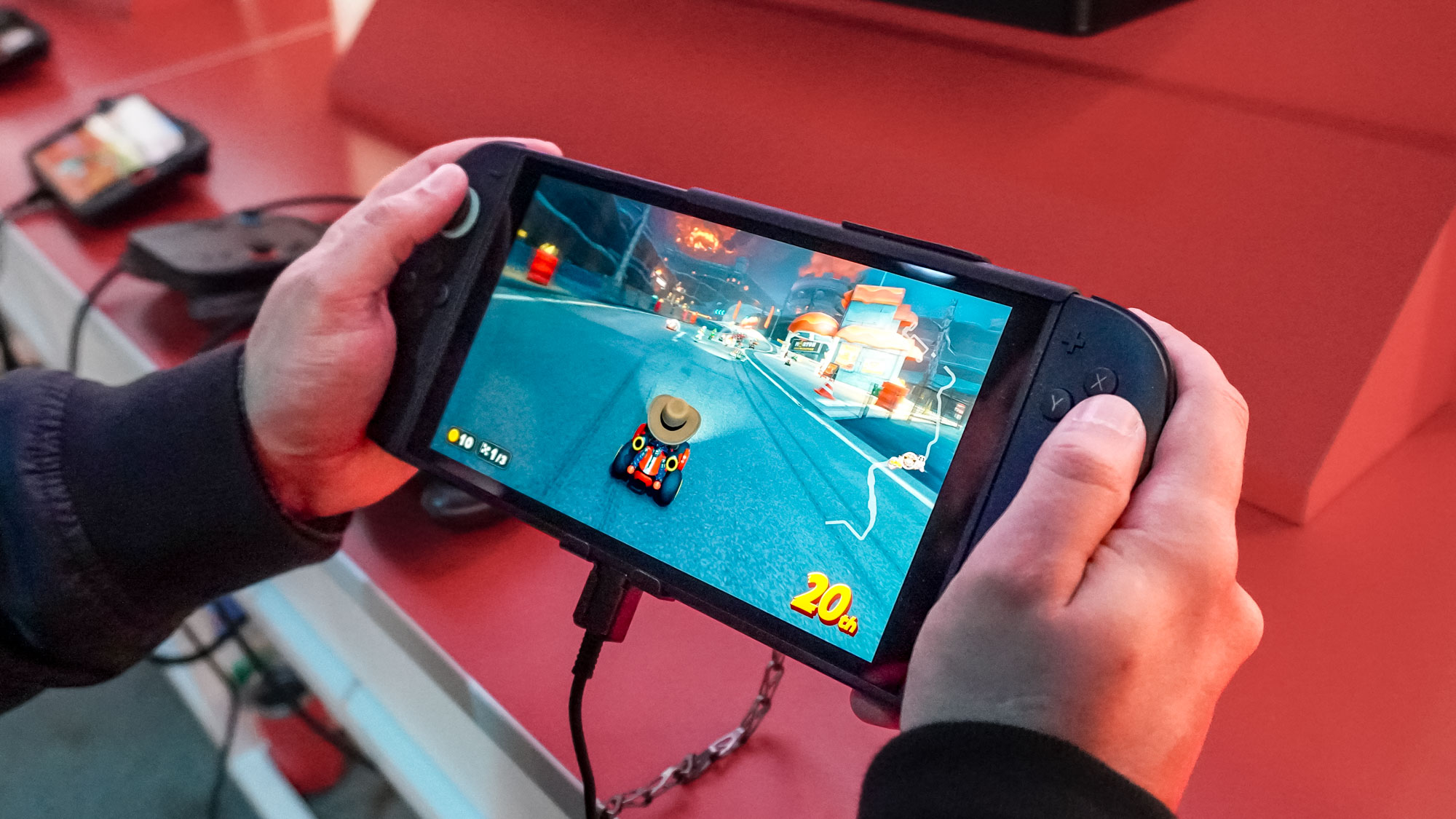New study shows AI chatbots are undermining workers' self-confidence — and it raises some very serious questions
Is AI making us dumber?
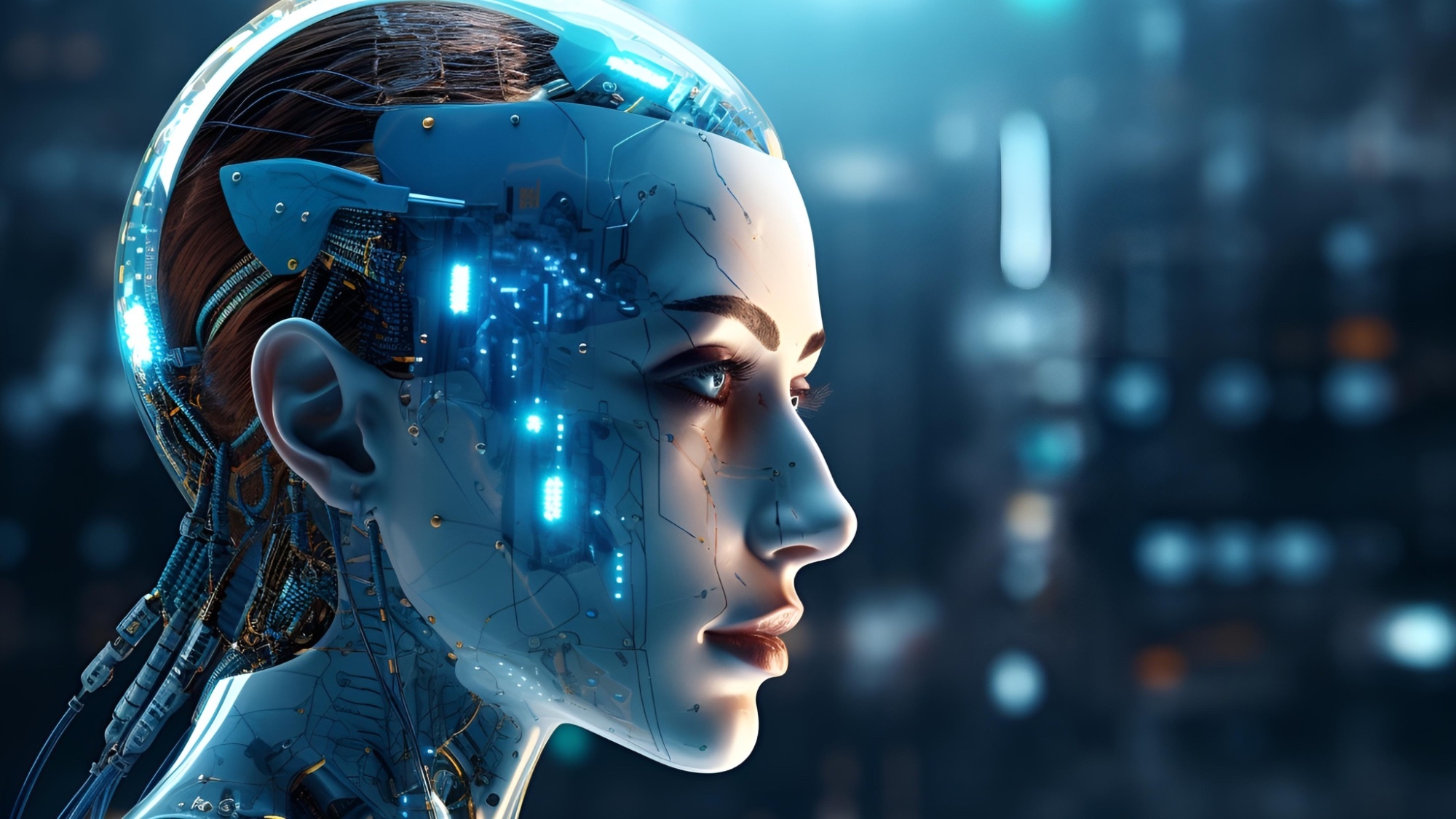
I was driving on a sheet of ice in an Audi A8, and the conditions were far from perfect. I’m not exactly proficient at winter driving, even though I’ve lived my whole life in colder climates.
Alone in the driver’s seat, I felt a bit unsure about the road conditions as I drove on a desolate country road. Speeding along at about 55mph, hoping the winter tires kept me centered on the road, I approached a familiar roadway that gleamed like a frozen lake.
Suddenly, a school bus appeared at the top of the hill, driving in the middle of the road since the center yellow lines were covered in thick-packed ice and snow. My first reaction, being a flawed human acting on emotion and split-second thinking, was to swerve suddenly to the right — to avoid the oncoming bus.
And then the automations in that Audi A8 kicked in.
With expert precision, the car glided over to the shoulder like it was on rails, adjusting the steering. The accident-avoidance technology had kicked in, tightly monitoring the steering wheel and tire slippage, making sure my quick tug on the steering wheel didn’t cause a crash.
Are we okay with this?
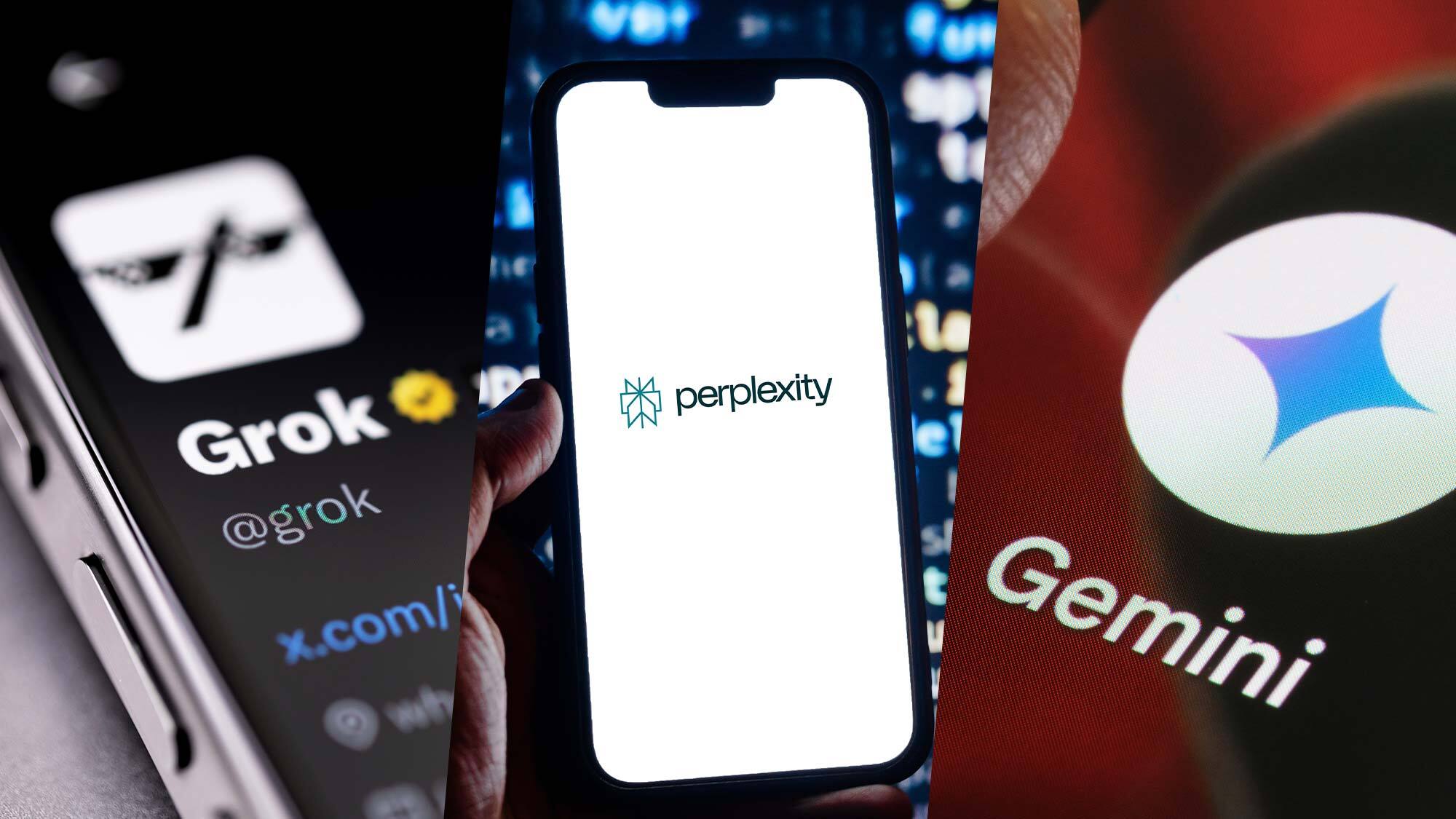
As we enter the age of AI, there are a few questions that need to be asked. Chief among them is this: Are we okay with AI and other automations doing the thinking for us?
Will we accept the fact AI might make decisions for us without our knowledge, and lead to a future where we are not fully aware — from a cognitive standpoint — how the AI made those decisions?
A recent study by Microsoft and Carnegie-Mellon is enlightening in this regard. Researchers surveyed 319 knowledge workers and discovered they felt a lack of confidence in their own cognitive abilities after using the best AI chatbots.
In fact, when they relied on more powerful and capable AI to do the heavy lifting for them, they lost more and more confidence.
Researchers surveyed 319 knowledge workers and discovered they felt a lack of confidence in their own cognitive abilities after using AI chatbots.
The study noted: “[AI] tools appear to reduce the perceived effort required for critical thinking tasks among knowledge workers, especially when they have higher confidence in AI capabilities.
"However, workers who are confident in their own skills tend to perceive greater effort in these tasks, particularly when evaluating and applying AI responses.”
As we all know, chatbots like Claude and Grok 3 are powerful, efficient, and quick. They can craft works of fiction and solve complex math problems. What we need to decide sooner rather than later is whether we are okay with outsourcing all of that cognitive power.
Since that incident in the Audi, I’ve become a better winter driver as the technology has only improved. Today, cars can drive on their own, keeping you centered in your lane. An algorithm knows where you are on the roadway and can avoid oncoming cars (and school buses).
As a journalist, I’ve driven hundreds of vehicles. Since that incident, I’ve almost always enabled the safety tech in cars I’m testing. And yet, I wonder what is happening to me. I wonder who I’m becoming and if I am giving up some of myself in favor of a machine that thinks for me. Worse, I wonder if my over-reliance on technology is making it harder to learn, grow, and improve.
The most dangerous threat is the one you don’t even know about. If it’s true that AI is slowly making us dumber as we rely on technology, it will be a slow process.
Are we losing our minds to Google?
We don’t have to look far to see how other technologies have changed how we think.
First came Google, then came social media — which feeds us content based on an algorithm. Both serve their purpose and can help humanity. Yet, both serve as warning signals.
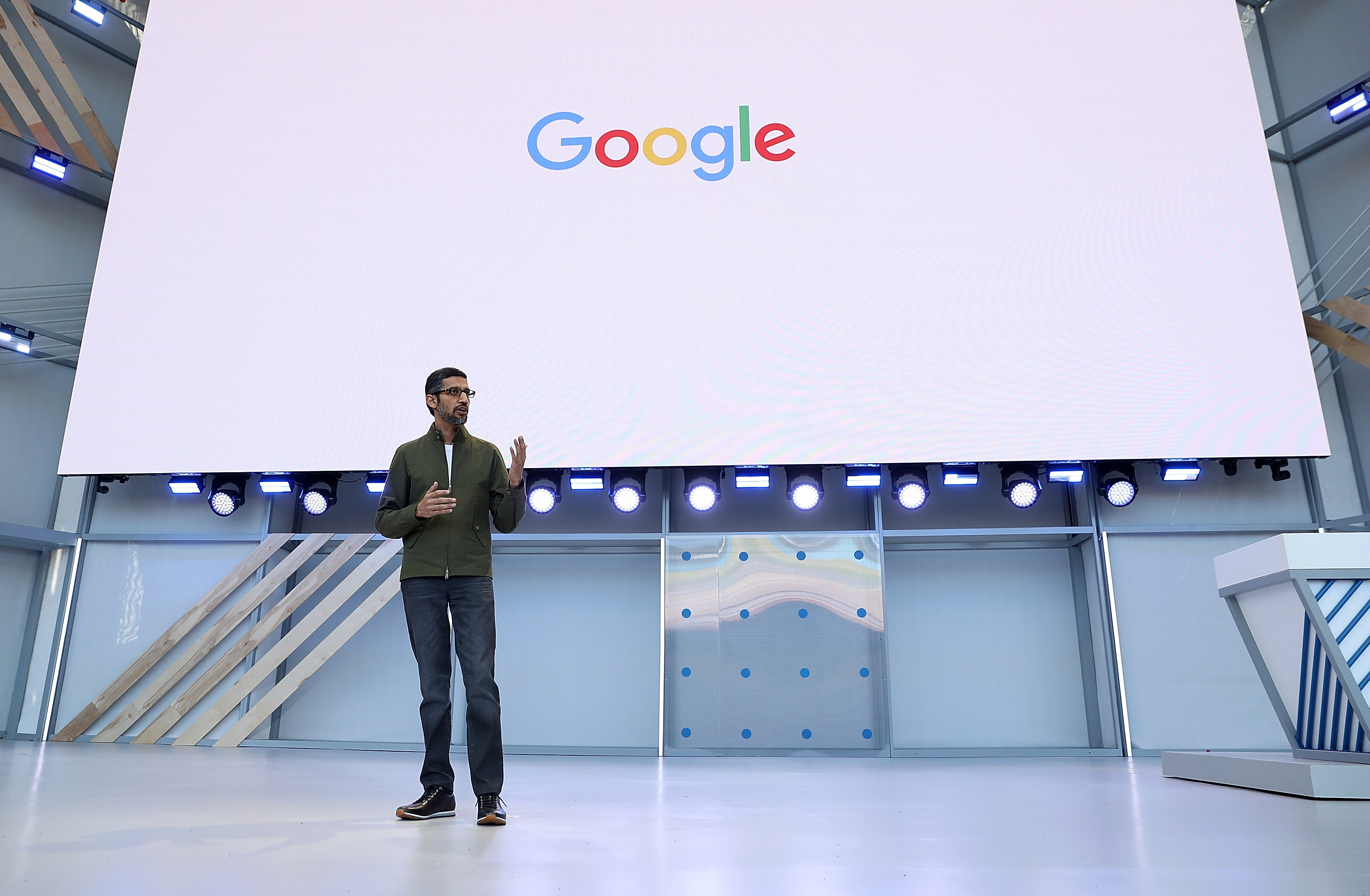
Well-known author Nicholas Carr noted in 2008 that we’re losing our minds to Google. What he meant back then is that we tend to do a search to find answers, and he was troubled by that discovery. Things that are worthwhile — like dealing with emotions, learning a new process, and even developing relationships — take time and effort. It uses brain power.
Carr updated his theories about the dumbing down of human intelligence in a new book, published in early 2025, that chronicles an even greater threat: the rise of social media and other tech.
The book Superbloom: How Technologies of Connection Tear Us Apart (currently on sale for $17 at Amazon) explains how social media and eventually AI will ultimately reshape human cognition.
My view is that social media was just a step along the path to AI augmenting or even replacing some portions of human intelligence. We relied on Google first, then we started doomscrolling on social media. We let the algorithm determine what we view and what we consume.
Apps like Facebook and X have influenced elections and fostered conspiracy theories. And yet, social media is just a taste of things to come.
We haven't seen anything yet
By 2027, data centers bigger than Manhattan will pop up everywhere and consume about 4.2 billion cubic meters of water annually, according to a 2025 study by Cornell University.
AI now translates written text about 100 billion times per day. AI models have been trained to detect cancer in patients with a 95% degree of accuracy. Human doctors looking at the same radiological scans are only about 87% accurate.
It’s inevitable that AI could replace or at least augment human cognition; we won’t even fully understand what AI is doing or why. According to Carr, this will lead to humans not achieving as many extraordinary things on their own, which reminds me of how my adult kids barely know which direction is north or south due to an overreliance on GPS.
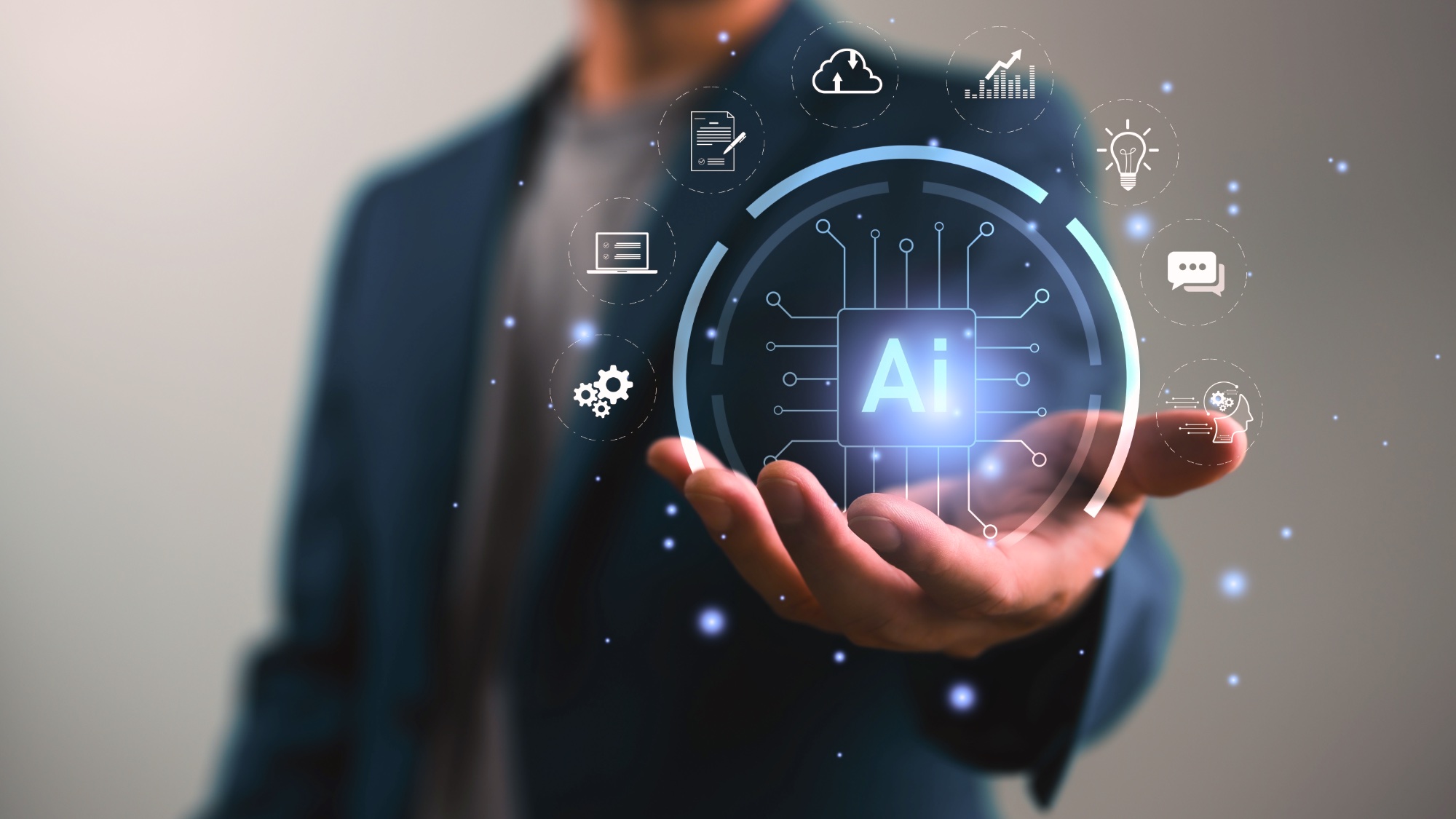
Similarly, we assume that reliance on technology helps us achieve more, to be more innovative. The truth is a bit more muddy.
When we allow an AI to do the heavy-lifting for us, such as writing a resume and cover letter for a new job, we don’t experience the necessary growth pains. We may receive a finished product but we won’t understand how it was made.
Think about how we all learn to speak. It’s mostly by trial and error. A toddler starts by stringing several nonsensical words together to try and form sentences. “Language is not only a vital means of communication but it helps us articulate and clarify the incoherent turbulence of our inner world,” says Karen Armstrong, a former nun and religious scholar.
Our ability to reason, knowing the difference between right and wrong, learning and adapting, and problem-solving are all skills that we learn slowly over time. AI is a tool for progress, and in the end, it needs to be seen solely as an add-on — not a replacement for humans.
More from Tom's Guide
Sign up to get the BEST of Tom's Guide direct to your inbox.
Get instant access to breaking news, the hottest reviews, great deals and helpful tips.
John Brandon is a technologist, business writer, and book author. He first started writing in 2001 when he was downsized from a corporate job. In the early days of his writing career, he wrote features about biometrics and wrote Wi-Fi router and laptop reviews for LAPTOP magazine. Since 2001, he has published over 15,000 articles and has written business columns for both Inc. magazine and Forbes. He has personally tested over 10,000 gadgets in his career.
You must confirm your public display name before commenting
Please logout and then login again, you will then be prompted to enter your display name.

